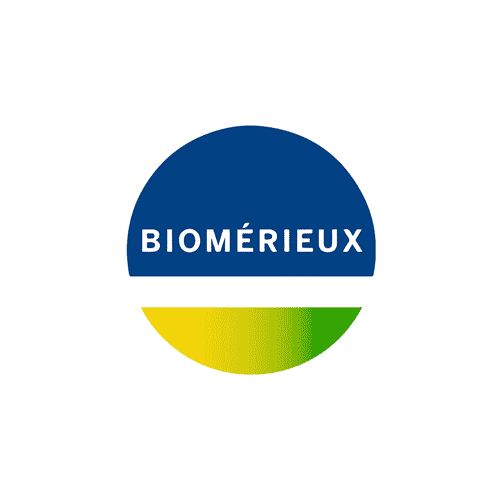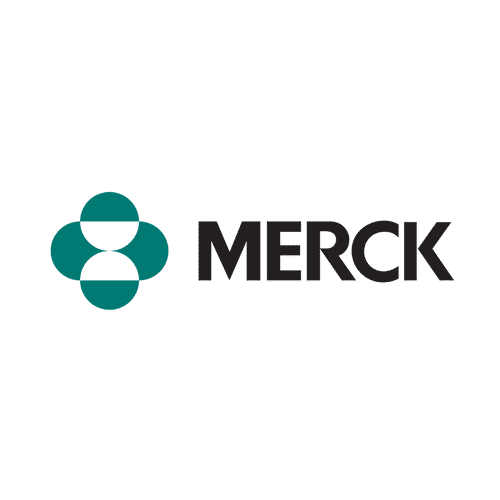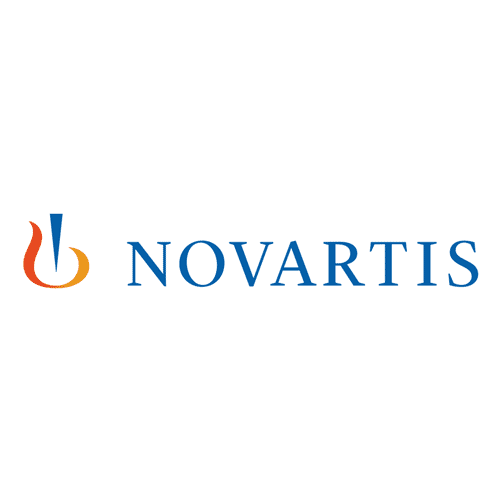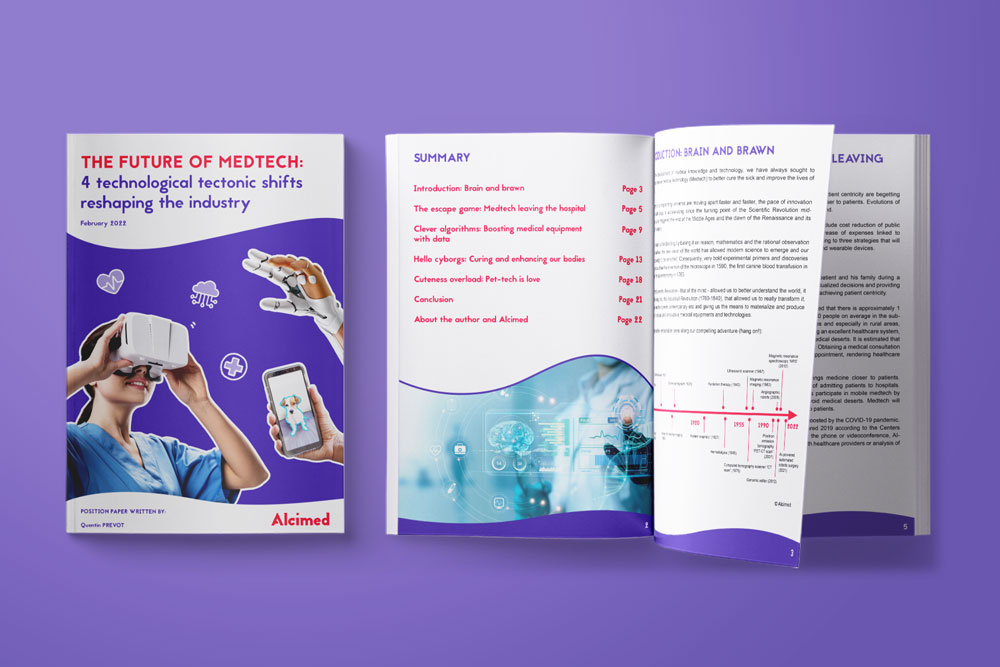
Digital health

Imagine and build tomorrow’s healthcare innovations using the potential of digital
Our specialized team supports healthcare players in their innovative projects related to e-health and the integration of digital technology across the entire value chain, from R&D to interaction with clients, patients and prescribers.
They trust us









The challenges related to digital health or eHealth
The challenges are many, because digital health brings to the table various stakeholders from the world of healthcare: healthcare industrial players, public and private payers, institutions, patient associations, healthcare professionals, tech and digital industrial players, and patients naturally!
The principal challenges of the field are linked to:
Which sensors, or which algorithms to integrate into an eHealth solution? Who are the right partners and how should they be assessed?
How is digital technology transforming healthcare professions, both for healthcare professionals and industrial players? How should the physical and digital interactions between patients and doctors be structured? Between doctors and industrial players?
What is the regulatory status? What support is there? How is the solution’s value demonstrated?
And all the questions inevitably related to managing health data.
What is the right value proposition to develop? What are the basic arguments to advocate for it? What are the needs and expectations of professionals? How is value created through the mobilization of all stakeholders, etc.? How does digital technology generate new channels to engage clients and prescribers?
In each of these cases, eHealth is a crucial element, both for public authorities and industry players in the sector. Alcimed draws on its expertise in healthcare and its capability to decipher complex technological and market environments in order to help its clients in developing innovative eHealth offers and preparing the healthcare of tomorrow.
How we support you in your projects related to eHealth or digital health
Drawing on more than 30 years of experience working alongside its healthcare clients, Alcimed is especially well positioned to explore the unfamiliar territory that eHealth represents for industrial players. We support all stakeholders in life sciences and specifically:
- The pharmaceutical industry and stakeholders such as Sanofi, Pierre Fabre, Merck, MSD, Takeda, Roche, etc.
- The medical device industry and stakeholders such as bioMérieux, BD, J&J, etc.
- Innovation players specifically project leaders, eHealth start-ups, technology transfer acceleration companies (SATT), etc.
The diversity of our clients (industrial players, healthtech companies, academics, institutions, etc.), the geographic fields we explore, and the types of projects we develop, give us global comprehensive insight into challenges related to eHealth.
Our projects cover topics as diverse as new technologies, the search for partners, patient pathway analysis, building value propositions or evaluating business cases that demonstrate the value generated for our clients and the players they interact with in their market.
Examples of recent projects carried out for our clients in digital health
Market study on a digital remote monitoring solution for outpatients following surgery
Alcimed provided support to a start-up offering eHealth remote monitoring services for outpatients following surgery. Interacting with hospital sector stakeholders (general management, financial management, IT management, heads of department, etc.) enabled us to assess how this solution was received, its market potential and also the means of acquisition and the services most expected by potential buyers.
Our recommendation enabled us to position the solution in a more finely-tuned manner, and highlighted a series of core success factors, particularly in terms of partnerships and specific technical characteristics.
Identification and assessment of partners offering artificial intelligence solutions in eHealth for drug repurposing
Alcimed provided support to a pharmaceutical stakeholder in exploring and conducting in-depth analysis of start-ups and SMEs offering artificial intelligence services in order to discover new therapeutic candidates. More precisely, the challenge was to put forward preferential partners to conduct the repositioning of molecules (“drug repurposing”).
The result of the project was a recommendation of 4 companies from among upwards of 150 at international level, enabling the subject to be framed for our client but also to provide clear reasoning as to the partnerships upon which to focus in the targeted therapeutic areas.
Design of a mobile application to provide better monitoring of patients with chronic illnesses, and an associated development plan
Alcimed provided support to a pharmaceutical leader positioned in chronic gastrointestinal disease. In this context, the monitoring of patients was somewhat poor, due to that fact that in the absence of severe acute episodes, they do not notice the rather slow progress of the disease and therefore they consult their doctor too irregularly.
In order to develop a digital solution that was relevant in this context, we applied an approach of design thinking, bringing together healthcare professionals and patients. They redefined the issues themselves, clarified the needs and prototyped the ideal solution.
We then supported our client in the search for partners in order to put this solution into practice, and established a roadmap over several years, seeking to demonstrate the solution’s medical benefit.
Analysis of possible telemedicine-based business models for a pharmaceutical laboratory in women's health
While telemedicine is a healthcare access channel that is rapidly developing in eHealth, it is also a potential avenue for the industry to implement complementary services for professionals and patients.
Alcimed has provided support to an international pharmaceutical laboratory in building a business case in women’s health, underscoring how services based on teleconsultation platforms could create value.
The project concluded with the implementation of three pilot programs with sector start-ups in France, Germany and Russia.
Definition of the e-health strategy in France & Belgium for a big pharma
Alcimed worked with a top pharmaceutical client to understand the e-Health ecosystem in France and Belgium in order to identify solutions to answer pre-defined stakes in the care pathway of Chronic lymphocytic leukemia (CLL) and Waldenstrom macroglobulinemia (WM).
We first deciphered the e-health ecosystem and mapped e-health solution providers in France and Belgium. Then, collaboratively with the client, existing solutions were prioritized according to pre-defined stakes in the care pathways of CLL and WM. Finally, the solutions of highest interest were further analyzed in terms of applicability and maturity.
This resulted in the identification of 10 relevant partners as a first entry door to the e-Health markets in France and Belgium.
Evaluation of the business opportunity to launch an e-health solution of self-rehabilitation for post-stroke spasticity patients, in France
Alcimed supported a mid-size pharma company in assessing the business potential in France of launching an e-health solution for self-rehabilitation for post-stroke spasticity patients as a standalone product with a dedicated business model.
We assessed first the interest of HCPs for such a solution, their opinion on the level of use by patients, and the features they would like to see in the solution. In a second step, based on this feedback and data coming from desk research, we built a business case with different profitability scenarios for the solution as a standalone product.
At the end of the project, the client was able to decide on how to move forward with the development of the solution, and where they should invest in priority.
You have a project?
To go further
Healthcare
Position Paper Alcimed – MedTech 2030: 4 tectonic technological trends reshaping the industry
Discover with Alcimed the 4 tectonic trends that could strongly impact Medtech over the next decade!
Healthcare
ePet Health: 3 uses of connected devices and digital in animal health
Innovations within the healthcare ecosystem are attracting attention, but they are not only for humans! Knowledge transfer now allows animals to benefit from it too, including innovations in ePet ...
Healthcare
Digitalizing healthcare in Europe : Which countries are leading the way in e-Health?
One key use of digital is e-Health, or digital health, which enables the faster and more comprehensive transmission of patient data and increases communication between healthcare professionals and ...
Founded in 1993, Alcimed is an innovation and new business consulting firm, specializing in innovation driven sectors: life sciences (healthcare, biotech, agrifood), energy, environment, mobility, chemicals, materials, cosmetics, aeronautics, space and defence.
Our purpose? Helping both private and public decision-makers explore and develop their uncharted territories: new technologies, new offers, new geographies, possible futures, and new ways to innovate.
Located across eight offices around the world (France, Europe, Singapore and the United States), our team is made up of 220 highly-qualified, multicultural and passionate explorers, with a blended science/technology and business culture.
Our dream? To build a team of 1,000 explorers, to design tomorrow’s world hand in hand with our clients.
Digital health, or eHealth, is a technological and cultural transformation of healthcare utilizing digital approaches . The topic covers a breadth of topics such as digital therapeutics (DTx), artificial intelligence in health, connected objects or the IoT. In summary, digital health is any use of information and communication technologies in health with the goal of optimizing care pathways.
Digital health solutions are faced with hurdles in implementing them such as:
- Data security and Privacy Concerns: the safety and sensitivity of health data is a big concern that should be addressed carefully.
- Ethical Issues: many users do not fully understand the conditions of use when agreeing to them, leading to one of the main issues related to consent. Addressing these issues requires careful consideration and the implementation of new regulations to protect the users.
- Lack of interoperability: the ability of computer systems to adequately exchange data should be a seamless process across different healthcare providers and systems. This needs to be ensured by standardized data formats and protocols.
- Quality of health data: maintaining quality and reliability of data is a constant challenge. Data transfer from e-health services should be accurate and up-to-date in order to avoid misinformation.


